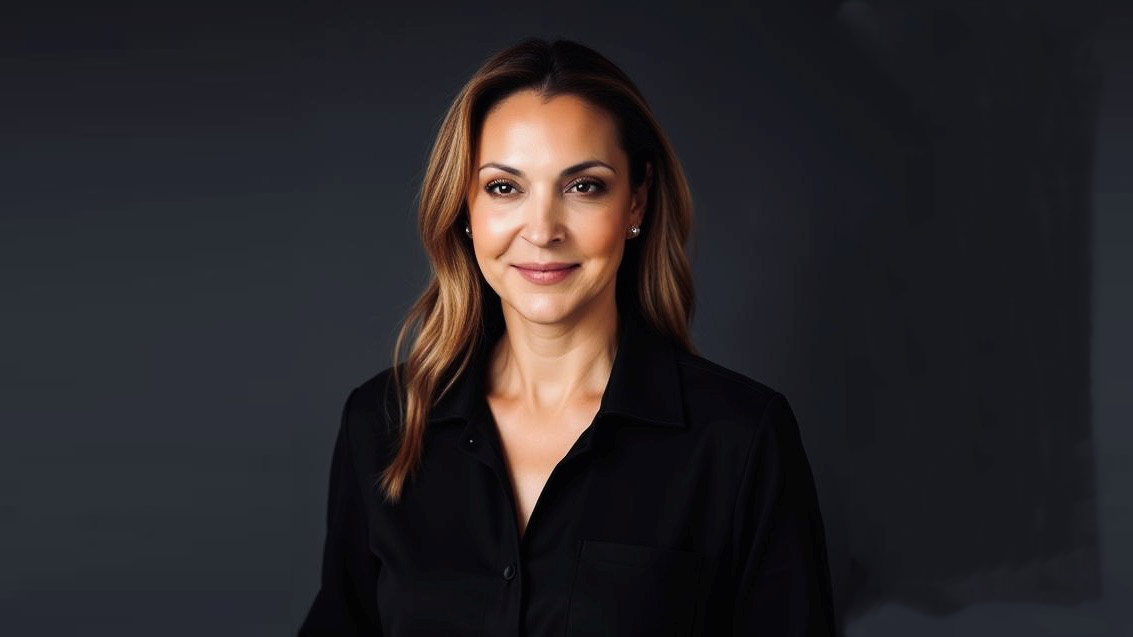
Meet Lucy Burrell, RN
Director, Inpatient Nursing, Heart Center

She didn't have a medical degree, but when the young administrative assistant who started at Children's National right out of high school stepped into the position as coordinator for Children's National neonatal database, her world opened up.
In her new role, Lucy Burrell, RN, went on rounds with doctors, gathering information on patients' nutrition, what respiratory assistance they were on and other salient details. She heard words and diagnoses she'd never heard before – and various beeping, noises, alarms going off in patient rooms. She noticed that the nurses working around her knew what it all meant for the patients they were caring for – and the importance of their role impressed her.
"What they did was just amazing to me," Lucy recalls. "It was definitely when I first started thinking, hey, I could be a nurse."
Lucy spent time as nursing shift coordinator before becoming nurse manager in the Cardiac Intensive Care Unit (CICU). She's more than 20 years into her career at Children's National and knows she had a non-traditional path to becoming a successful nurse.
Hers is an example that Children's National would encourage others to consider following. With a national shortage of nurses in the United States – and one that is expected to be exacerbated as the population of patients as well as the nursing workforce and faculty continues to grow older – healthcare organizations like Children's face a challenge. Coupled with the often stressful environment in intensive care nursing, nurses like Lucy who are passionate about their work are needed more than ever. "Nurses play a critical role in the care of our patients and their families," says Linda Talley, MS, BSN, RN, NE-BC, former Children's Vice President of Nursing and Chief Nursing Officer. "Their knowledge of patient needs and their collaboration with doctors and other care team members make it possible for kids to receive the best care possible here at Children's."
It was the collaboration with – and encouragement from – other team members that helped Lucy overcome any doubts about becoming a nurse. She leaned on Robin Muir, BSN, RN, who sat outside her office for help defining medical jargon. Her supervisor, Billie Lou Short, MD, accommodated her work schedule so she could continue working during the three-plus years it took to earn her nursing degree. Other nurses recommended she grow her assessment and time management skills in an acute care setting to help prepare her for the more intense environment in the ICU.
After three years in the Heart and Kidney Unit, where Lucy says she fell in love with the cardiac system, she shadowed a charge nurse in the CICU for a few hours to see what a day in that unit would be like. She knew instantly that the intensity of this line of nursing work was just the thing for her. She went through Children's CICU fellowship program and further honed her intensive care skills – and has been in the CICU for more than eight years. "I love the intensity of the CICU, and how rewarding it is as well," Lucy says. "We see these kids that are facing difficult odds, and a lot of the time you gradually see them getting better. This is exactly where I want to be."
Lucy counts among the rewards of her role the ability to be there for her patients and families at what can be very difficult times. A child may code, or could need extracorporeal membrane oxygenation (ECMO) or open heart surgery. In times like these, she tends to bond with the patients' parents, educating them about what their child is going through and being there to answer or find an answer to any question they may have.
When thinking about others who may be considering a new career in nursing, or growing an existing career, Lucy recommends colleagues here at Children's National take advantage of the education benefits and other training resources that are second to none. Even though some may find it intimidating to walk through ICU doors for the first time, she says the educators and nurses on staff do a fabulous job making sure new ICU nurses are ready.
And in the end, she adds, they are making a difference in a job that matters a great deal to patients, families and the Children's National community. "I always tell the nurses coming through orientation: 'You're never on your own. There's always somebody here to help,'" Lucy says. "You're always supported, and everything you would need to make those critical care decisions is just a phone call away."




